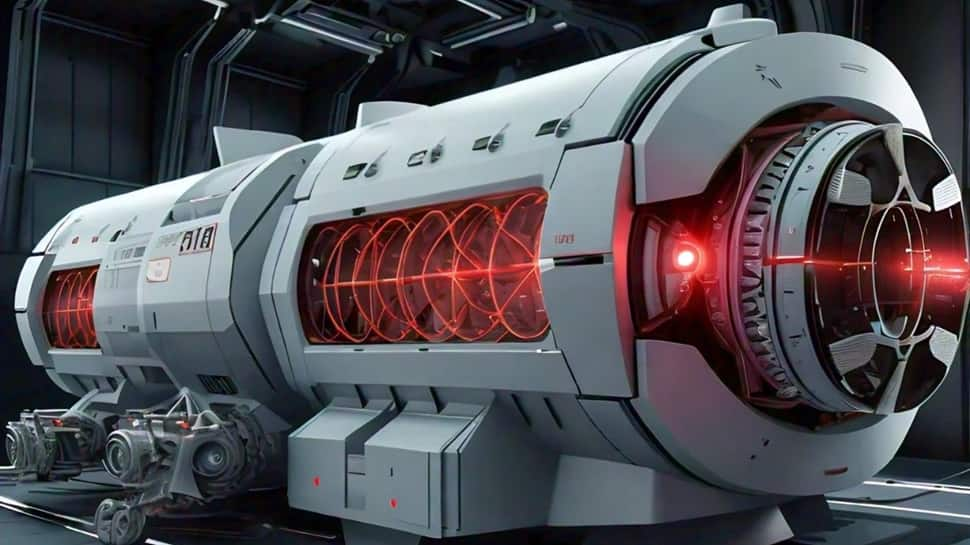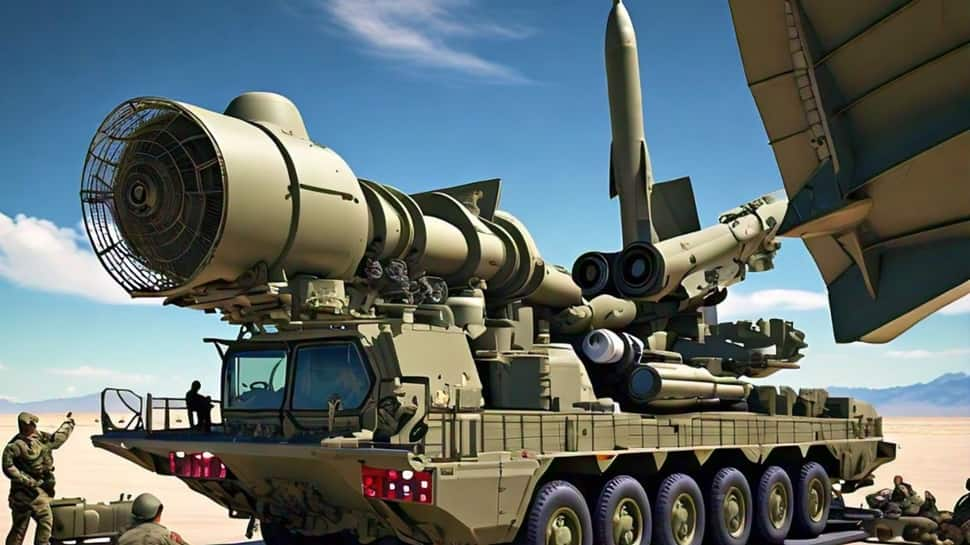THIS Is India's Top Secret Weapon - Even China, Pakistan Are Afraid Of It
India has several world-class weapons including missiles, canons, tanks and air defence systems. When it comes to missiles, India has Agni Series (Ballistic Missiles), BrahMos (Cruise Missile) and Shaurya (Hypersonic Surface-to-Surface Missile) while when it comes to air defence, India has Barak-8 / MRSAM, Akash Missile System and Prithvi Air Defence (PAD) among others.
)
India's KALI (Kilo Ampere Linear Injector) weapon program is a directed-energy research initiative initially developed by the Defence Research and Development Organisation (DRDO) and Bhabha Atomic Research Centre (BARC). Originally started in the 1980s as part of India’s defense and advanced scientific research efforts, KALI was intended for applications in high-energy physics and particle acceleration but has attracted considerable attention for its potential as a directed-energy weapon (DEW). (Image: Internet)

The KALI weapon series which are KALI 80, KALI 200, KALI 1000, KALI 5000 and KALI 10000 are described as 'Single Shot Pulsed Gigawatt Electron Accelerators'. (Image: Internet)

The KALI system is based on a high-powered electron accelerator. It produces intense pulses of electrons, which can be converted into electromagnetic radiation, such as microwaves. These high-energy pulses can disable or damage electronic equipment, making them useful in defense scenarios. (AI Generated Image)

Theoretically, KALI could be used as an electronic warfare weapon to disable enemy missiles, aircraft, or drones by targeting their electronic systems, effectively rendering them inoperative. It can also be used to target and disrupt communications or radars without physical destruction, limiting collateral damage. (AI Generated Image)

While KALI remains primarily a research project, speculation around its weaponization continues. There is limited official information on whether it has been operationally deployed or integrated with any combat systems. (AI Generated Image)

The Indian government and DRDO have not publicly confirmed the weapon or its operational use as a DEW, but its progress is closely watched by defense analysts who see it as a countermeasure to threats from adversarial missile and UAV systems. However, in 2018, when a question was raised in Parliament about Kali 5000 program, then Defence Minister Manohar Parrikar had refused to share information citing national security. (AI Generated Image)

KALI is seen as part of India’s long-term efforts to develop advanced non-nuclear deterrence capabilities, especially in response to regional threats. As with most directed-energy weapons, range, precision targeting, energy requirements, and cooling are challenges. Practical deployment requires compacting the technology, making it mobile, and ensuring stable power sources, which are still significant hurdles. (AI Generated Image)

